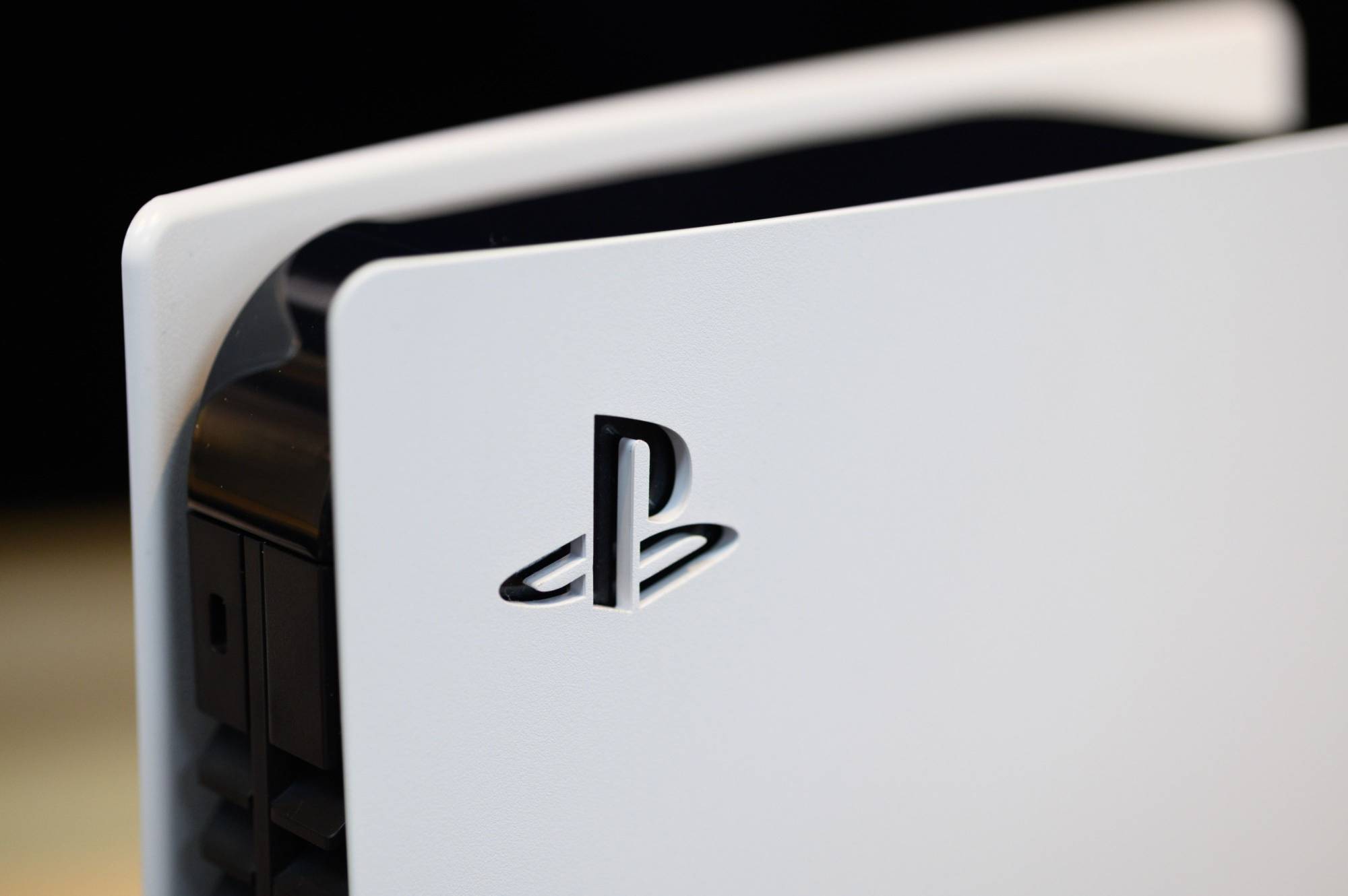The weaker yen has triggered price hikes on electronics from iPhones to refrigerators across Japan this year, with one glaring exception: the video game console.
Sony Group, Microsoft and Nintendo have held fast to a 100-yen-to-the-dollar conversion rate that today sees their consoles as much as $100 cheaper in Japan than elsewhere in the world. No company wants to be first to break the unwritten rule against raising prices after a console’s release, for fear of losing players and game developers to rivals, and all three believe they can recoup any losses through international software sales. But that may be changing.
The consensus among analysts is that the current business model is unsustainable and overdue for revision. Part of the problem is a growing arbitrage market that sees people buying consoles in Japan and selling them overseas, exacerbating difficulties for companies already beset by supply chain and logistics challenges. Sony’s PlayStation 5 is jokingly referred to as a financial asset in its home country, something one buys to resell at a profit rather than to play games on.



















With your current subscription plan you can comment on stories. However, before writing your first comment, please create a display name in the Profile section of your subscriber account page.